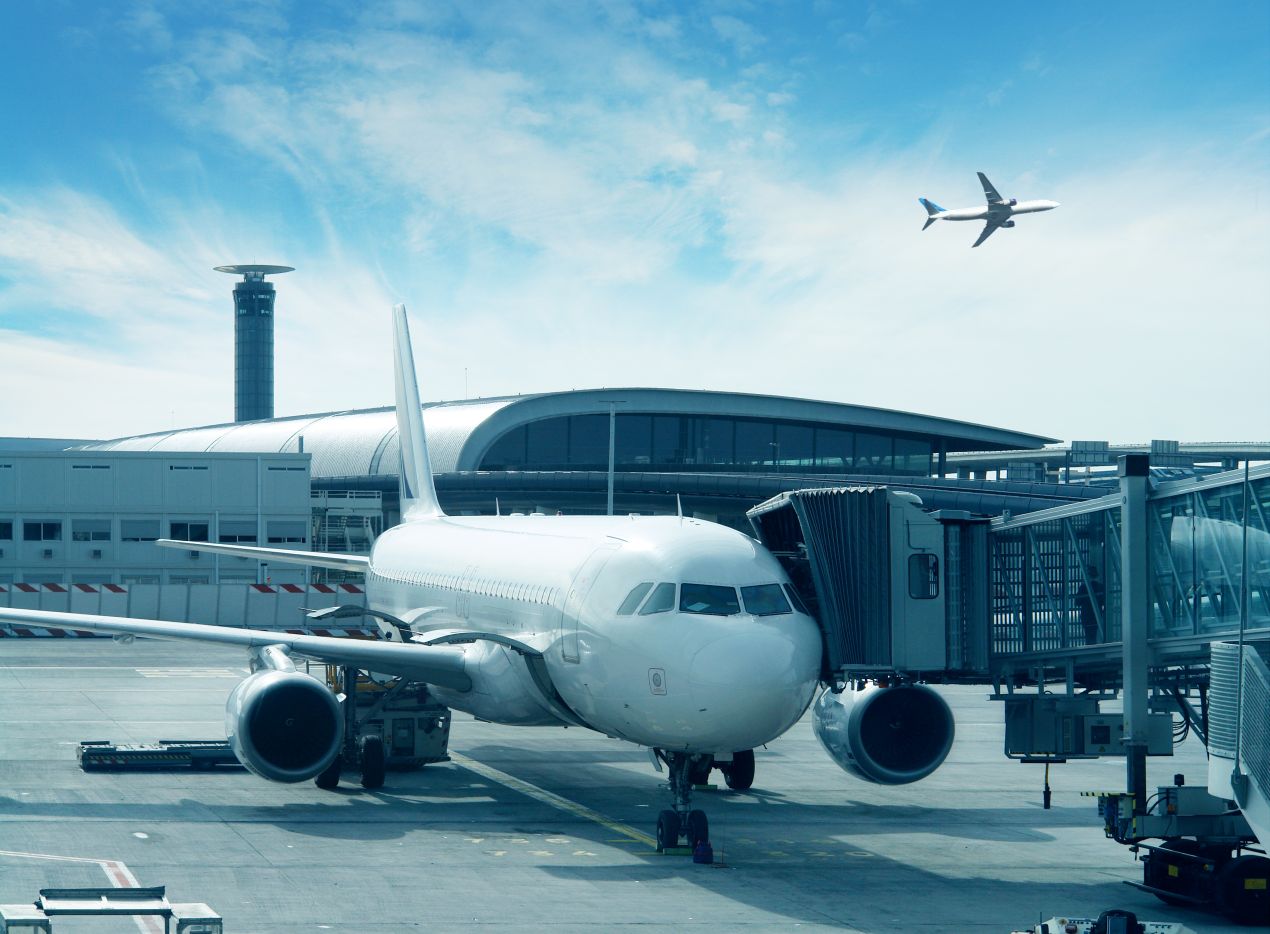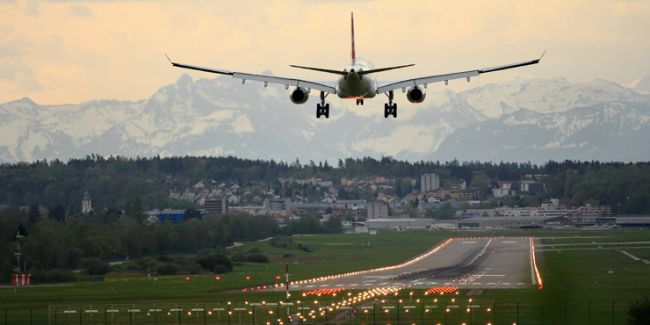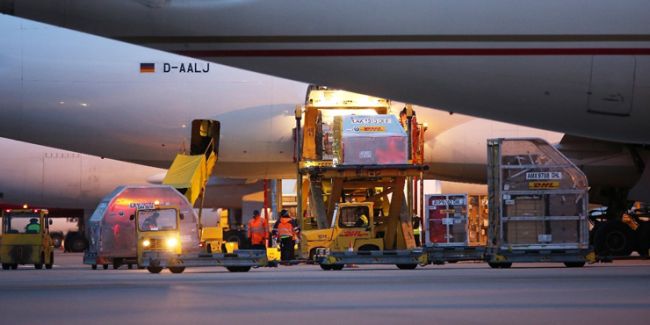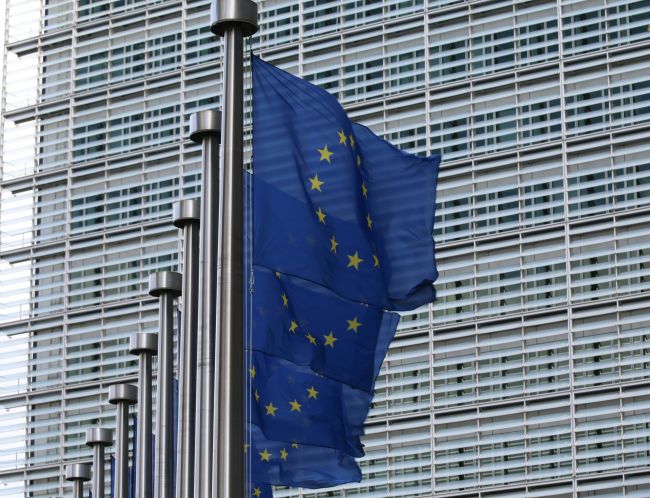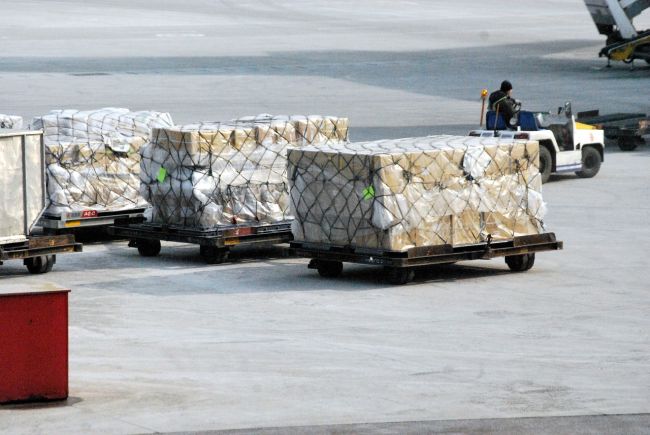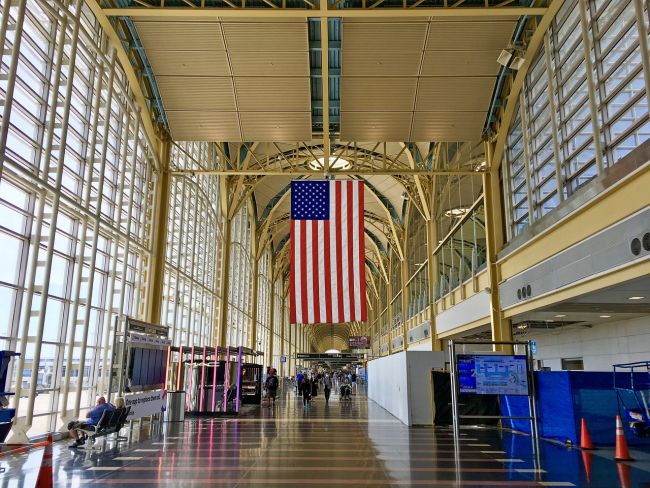Europe’s aviation strategy, what’s next?
Some significant challenges lie ahead for the European aviation industry.
Some significant challenges lie ahead for the European aviation industry. In order to try and address these, the European Commission plans to negotiate an ambitious package of external aviation agreements.
In December 2015, the European Commission published its aviation strategy. The document sets out how the Commission intends to deal with the main challenges facing the European aviation industry. As well as addressing internal challenges, including airport capacity constraints, and maintaining high standards in areas such as safety and passenger rights, the strategy aims to maintain Europe’s place as a leading player in the international aviation market. A key part of achieving the last objective is negotiating external aviation agreements with non-European Union countries, with the intention of:
- promoting liberalisation of services;
- lowering prices for consumers;
- providing business opportunities for European companies; and
- creating a clear regulatory framework for the aviation industry.
The EU already has external agreements with the US and Canada, among others, and intends to start negotiating new agreements with several countries including the Association of Southeast Asian Nations(ASEAN), Turkey, China and the Gulf Cooperation Council States2 (GCC). By seeking external agreements with these nations, the Commission is recognising their importance to the future of the aviation industry.
Europe, after North America, has traditionally been one of the world’s leading aviation regions, but in recent years the industry’s centre of gravity has shifted east.
Dubai airport recently surpassed London Heathrow as the world’s busiest international passenger airport, and by offering lower fares, the major Gulf carriers (Emirates, Etihad and Qatar Airways) have taken significant market share from European carriers on routes between Europe and Asia.
Many within the European aviation industry consider the Gulf carriers to be unfair competition; it is alleged that their ability to offer lower prices than European carries has been enabled by large state subsidies and favourable terms of business from the airports in the Gulf. Both these claims are denied by the carriers themselves.
Although the strategy document does not mention the Gulf carries explicitly, it does note the importance of ‘guaranteeing a level playing field’, or in other words, an environment in which all airlines follow the same rules and have an equal ability to compete.
By offering more liberal air transport agreements, which would allow the GCC States’ airlines greater access to the European market, the Commission hopes it will be able to negotiate fair competition clauses within the agreements to ensure that EU carriers are able to compete on an equal basis. These fair competition clauses would seek to establish transparent market conditions based on a clear regulatory framework.
Despite the planned fair competition clauses in the EU’s new external agreements, market liberalisation means that EU airlines will face increasing competition from non-European airlines with lower costs as well as, in the case of the Gulf carriers, a geographical advantage. This is something the Commission will have to consider and weigh against the benefits of increased business opportunities for European companies and lower fares for European consumers.
Although the European aviation industry will continue to face challenges from Asia, well-designed external aviation agreements containing fair competition clauses should lead to better services for European consumers, and boost the European airline industry, by creating new opportunities within a clear and transparent regulatory framework.
Written by Mark Scott
